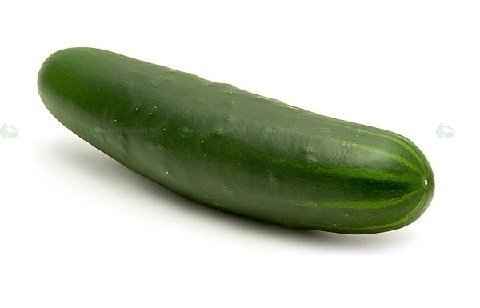By Kirsten Kapteijns
‘a time of year, usually in midsummer, characterized by exaggerated news stories, frivolous entertainments, etc.’, according to Dictionary.com
That is the proper explanation according to the dictionary. Still do not know what I am talking about? ‘Komkommertijd’ is known by many different names: Sommerloch in Germany, la morte-saison in France, agurketid in Denmark or cucumber time in England. Sweden uses a more descriptive word: nyhetstorka, which roughly translates to ‘news drought’. ‘Komkommertijd’ in Dutch pinpoints the period in summer in which there is little to no interesting news, so small stories are exaggerated and put on the front page of newspapers. It is mostly caused by almost everyone being on vacation.
However, the phenomenon of ‘Komkommertijd’ is rapidly disappearing. It has been thus for years; the Internet and social media have turned the world in one big global village and there is always something happening somewhere. However, this year the phenomenon has reached a new peak. Let me give you the highlights of what happened in this time of supposed ‘news drought’: the war in Eastern Ukraine, the tragic flight of MH17, the lost plane MH370, the many deaths in Africa caused by Ebola, the war in Syria, the IS in Iraq and, ‘last but not least’: the Gaza – Israel conflict. I am sure I have forgotten a lot, but these are the ones who opened almost every news broadcast.
But in spite of all this tragic news, I try to stay optimistic. There is a positive side of the disappearing of the ‘Komkommertijd’: we learned so much these last months! All these concepts, of which no one had ever heard of in 1980, we now find in our basic vocabulary. If you would present people from 1980 with a newspaper from these last few months, many would not understand it. We talk of halal, sukuk, Ramadan and Eid as if we made up the terms ourselves. Who in our country would have known what a burka or a chador was, thirty years ago? Since a few weeks, any ‘handyman’ can draw a sketch of a Russian BUK-rocket system. We now know the differences between Shiites, Sunnis and Wahhabis. Without hesitating, we can talk about muftis and caliphates.
Are you still with me? Until this summer I had never heard of separatists and now I can not imagine a world without them. And our geographical knowledge of exotic lands! Donetsk, Simferopol and the Sinjar Mountains; we can pinpoint their locations in one swift motion. In the Netherlands we suddenly got our ‘national feeling’ back as all our TV-stations adapted their programming to the dramatic events surrounding flight MH17, and we all saw our fellow citizens stand next to kilometres of highway to express their condolences. We heard amazing songs on the radio that we had not heard for years, and on the 23th of July from 16:00 to 16:01 we did not hear anything at all in our little country.
Just a few weeks ago the European Athletics Championships took place, where Ukrainian and Russian Athletes fraternally competed along each other. For all we know, this ‘Komkommertijd’ will have a happy ending after all.
Kirsten Kapteijns, Class of 2017, is a Science Major from Lage Mierde, the Netherlands

